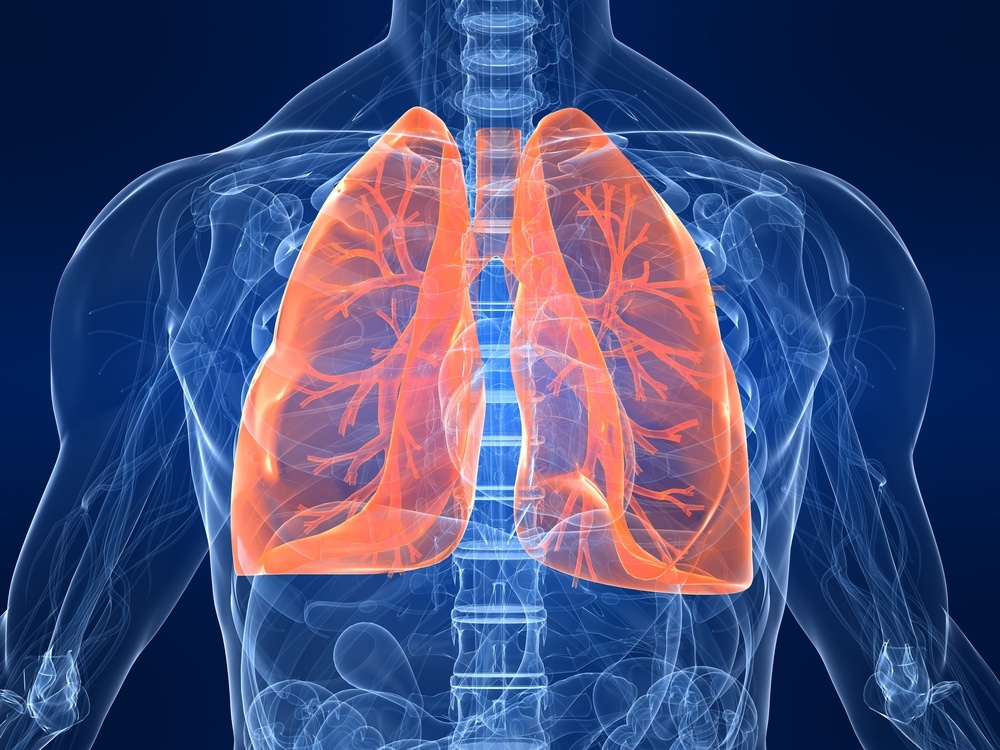
Assessing Thorax & Lungs
Assessment
•
Patsy Butts
•
Biology
•
University
•
243 plays
•
Hard
Improve your activity
Higher order questions
Match
•
Reorder
•
Categorization
.svg)
actions
Add similar questions
Add answer explanations
Translate quiz
Tag questions with standards
More options
14 questions
Show answers
1.
Multiple Choice
Under normal circumstances, what is the strongest stimulus to breathe?
hypercapnia
hypoxemia
consolidation
dyspnea
2.
Multiple Choice
The nurse is preparing to auscultate a client's lungs after completing thoracic inspection, palpation, and percussion. How should the nurse best prepare for this assessment technique?
Keep the client's shirt or gown in place to maintain privacy.
Begin with the bell of the stethoscope on the client's anterior chest.
Tell the client that you will be asking them to breathe as quickly and deeply as possible.
Place the diaphragm on the client's posterior chest wall.
3.
Multiple Choice
The nurse's auscultation of a client's lung fields reveals the presence of a wheeze. The nurse should recognize that this adventitious sound results from what pathophysiologic process?
Air leaking from the alveoli into the pleural space
Air being diverted from the trachea to the bronchi
Air increasing in turbulence in a wide passage
Air passing through constricted passageways
4.
Multiple Choice
The nurse is assessing a client's respiratory rate and rhythm during the beginning of a shift. The client's rate is 29 breaths/min. How should the nurse respond to this assessment finding?
Ask the client if she has recently exerted herself.
Report the finding to the client's primary care provider.
Ask the client if she has smoked recently.
Palpate the client's anterior and posterior thorax.
5.
Multiple Choice
While assessing the health of a client's respiratory system, the nurse is palpating for fremitus. What instruction should the nurse provide to the client during this component of assessment?
When I say so, please exhale forcefully and hold the breath.
Say the letter e and keep saying it until I tell you to stop.
Breathe in as deeply as you can and hold your breath until I say to stop.
Please say the number ninety-nine for me.
6.
Multiple Choice
The nurse is performing a respiratory assessment of a client who is receiving palliative care only due to severe, uncompensated heart failure. What type of respiratory pattern should the nurse anticipate?
Biot
CheyneStoke
Bradypnea
Kussmaul

Explore this activity with a free account
Find a similar activity
Create activity tailored to your needs using
.svg)

Butterflies
•
1st Grade

Introduction to Ecology & Levels of the Environment
•
6th - 8th Grade

Cell Transport
•
10th Grade

Employability Skills and Personality Traits
•
9th - 10th Grade

First Aid Basics
•
1st Grade

Punnett Squares
•
KG

Evolution
•
4th Grade

Medical & Healthcare Professional Careers
•
12th Grade